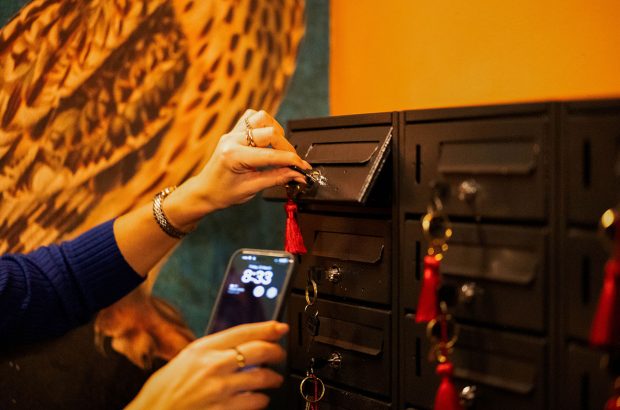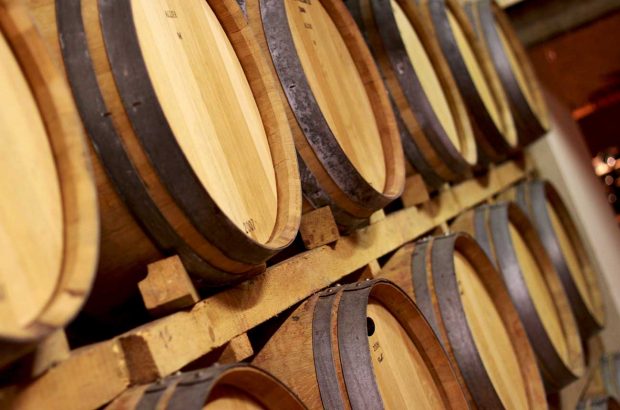The wine producers in the Beaujolais sugar case have been found guilty of illegally adding sugar to their wine and fined up to €20,000 (£18,900, US$27,000) each – much higher than originally demanded by the prosecution.
The state prosecutor had originally requested between €700 (£660, US$950) and €1,500 (£1,420, US$2,000) in fines from the 53 growers and producers accused of over chaptalising.
Although chaptalisation – adding sugar to wine – is legal, the winemakers were found to have increased the alcohol in their wines by over 2% (the legal limit in the region). The court heard that the winemakers had increased alcohol levels by between 2 and 2.7%.
Three branches of French supermarket Intermarché implicated in trafficking the 600 tonnes of sugar received fines well below those demanded by the prosecution.
Although the state prosecutor originally requested between €50-100,000 (£47,200-94,400, US$67,500-140,000) from the supermarkets and suspended prison sentences for four of their directors, the court instructed the supermarkets to pay €4-20,000 (£3,300-18,900, US$5,400-27,000) each.
However, the fines handed out to the winemakers may cripple many of them.
‘We’re stunned. The sentences are destructive. Some haven’t sold their wines for two years and are living on their wives’ salaries. These fines could push them to close down,’ said defending lawyer Michel Desilets.
Desilets said some winemakers intended to appeal.
In total, the court ordered the winemakers to pay €119,000 (£112,300, US$160,500) as well as €3,000 (£2,800, US$4,000) in damages to a consumers’ association, the CLCV.
The ruling was condemned by the local wine trade body. Talking to decanter.com, Dominique Capart, president of Interbeaujolais said that such a harsh judgement ‘must never happen again.’
‘They didn’t take into account the winemaker’s good intentions and the difficulties of the 2004 vintage,’ said Capart. ‘A large number of them had only slightly gone over the limits.’
The FDSEA agricultural union said the winemakers were ‘victims of poorly-adapted legisation’. It highlighted the difference between Beaujolais, where chaptalisation can only be used to add 2% alcohol, and Champagne or the Loire, where, in difficult years, producers can add 2.5 to 3%.
One of the winemakers said he was ‘disgusted’ by the findings of the court.
‘We want to make a good product, we didn’t take the risk of ending up in court lightly, but we didn’t have a choice – no one would have bought an 11% wine,’ he said.
The two intermediaries, who bought and distributed the sugar from Intermarché without any bills or receipts, were given suspended sentences (6 and 12 months) and fines of €25,000 (£23,600, US$33,700) and €35,000 (£33,000, US$47,200).
Written by Oliver Styles, and Suzannah Ramsdale




